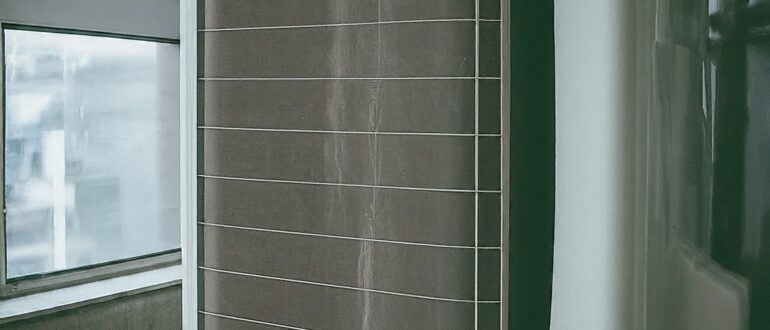Welcome to the ultimate guide on eradicating dust through AC duct cleaning on Palm Jumeirah. Dust accumulation within air conditioning ducts not only affects air quality but also poses health risks. In this comprehensive guide, we’ll delve into the importance of regular duct cleaning, effective techniques, and expert tips to ensure a clean and healthy indoor environment.
Understanding the Importance of Clean AC Ducts
Dust accumulation in AC ducts is a common problem that often goes unnoticed. However, neglecting duct cleaning can lead to a variety of issues, including:
- Reduced indoor air quality
- Increased energy consumption
- Health hazards due to allergen buildup
- Decreased lifespan of HVAC systems
Regular duct cleaning is essential to mitigate these risks and maintain a healthy indoor environment for occupants.
The Process of AC Duct Cleaning
Inspection and Assessment
Before initiating the cleaning process, it’s crucial to conduct a thorough inspection of the ductwork to identify any issues such as mold growth, debris buildup, or leaks. Professional technicians use specialized equipment such as cameras and airflow monitors to assess the condition of the ducts accurately.
Preparing for Cleaning
Once the assessment is complete, preparations are made to ensure efficient cleaning. This involves covering vents, protecting furniture, and sealing off access points to prevent dust and debris from spreading throughout the property.
Cleaning Techniques
Several techniques are employed to effectively clean AC ducts, including:
- Mechanical Brushing: Utilizing rotating brushes to dislodge dust and debris from the duct walls.
- High-Pressure Air Blowing: Using compressed air to blow out contaminants from the ductwork.
- Vacuuming: Employing powerful vacuum systems to remove loosened debris and prevent it from re-entering the space.
Sanitization and Deodorization
After cleaning, the ducts are sanitized and deodorized to eliminate any remaining bacteria, mold, or unpleasant odors. This step is crucial for maintaining a hygienic indoor environment.
Expert Tips for Effective AC Duct Cleaning
Schedule Regular Maintenance
To prevent dust buildup and maintain optimal indoor air quality, it’s recommended to schedule regular duct cleaning and maintenance at least once every year.
Invest in Professional Services
While DIY duct cleaning kits are available, hiring professional technicians ensures thorough cleaning and prevents damage to HVAC systems.
Use High-Quality Filters
Installing high-efficiency air filters can significantly reduce dust accumulation within ducts and improve overall air quality.
Monitor Air Quality
Regularly monitor indoor air quality using air quality monitors to detect any signs of dust or contaminants.
FAQs (Frequently Asked Questions)
How often should AC ducts be cleaned? AC ducts should be cleaned at least once a year to maintain optimal air quality and system efficiency.
Is duct cleaning necessary if filters are changed regularly? Yes, while changing filters helps, dust can still accumulate within ducts over time, necessitating professional cleaning.
Can duct cleaning improve HVAC system performance? Yes, clean ducts facilitate better airflow, improving the efficiency and performance of HVAC systems.
Is duct cleaning safe for individuals with allergies? Yes, professional duct cleaning can significantly reduce allergens, improving indoor air quality for allergy sufferers.
How long does duct cleaning take? The duration of duct cleaning depends on various factors such as the size of the property and the extent of contamination but typically ranges from 2 to 4 hours.
Are there any DIY methods for duct cleaning? While DIY duct cleaning kits are available, professional cleaning is recommended for thorough and effective results.
Conclusion
In conclusion, eradicating dust through effective AC duct cleaning is essential for maintaining a clean and healthy indoor environment on Palm Jumeirah. By following the tips and techniques outlined in this guide, you can ensure optimal air quality and system performance for years to come.




Comments 0